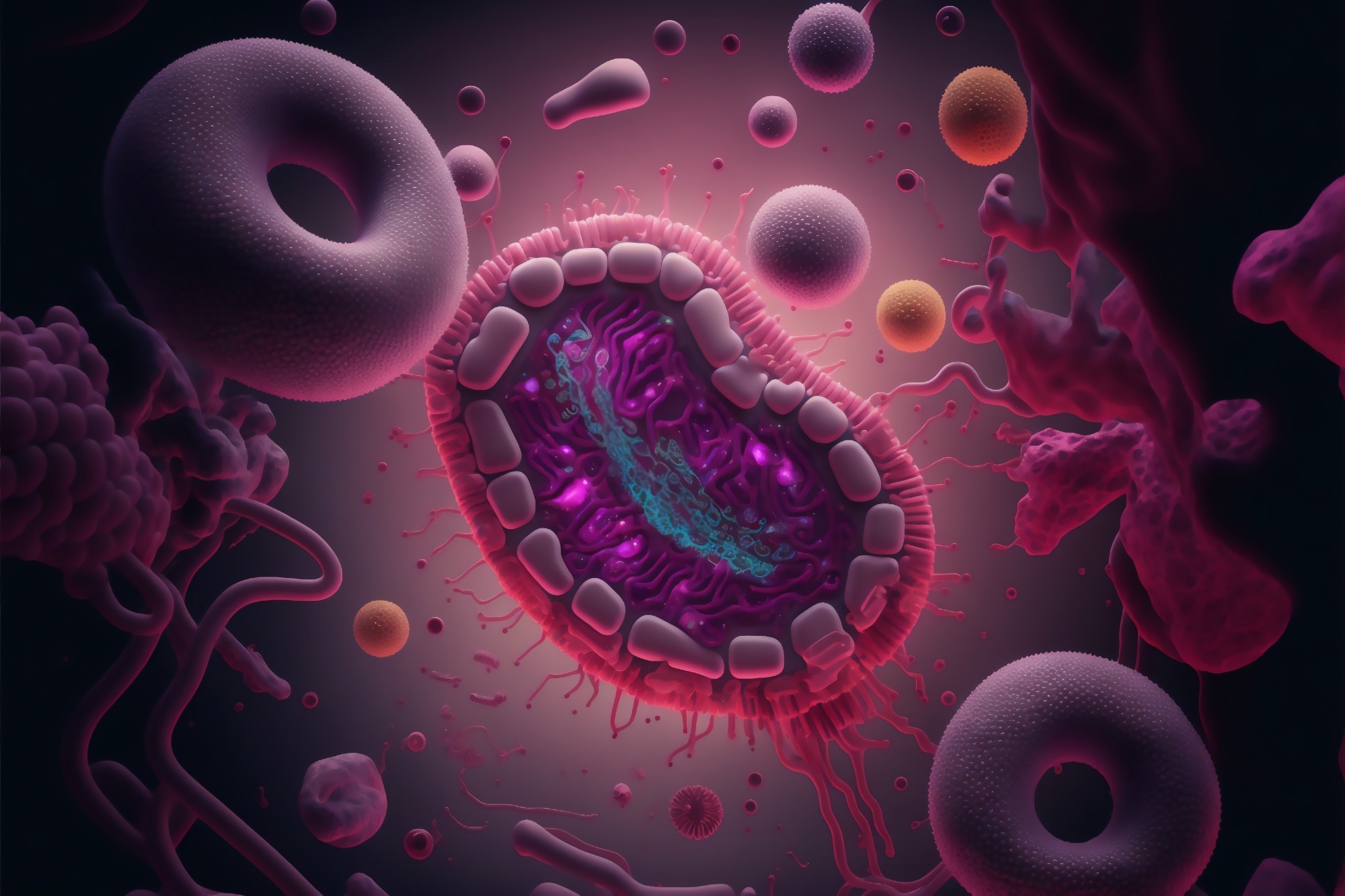The formation of the gut microbiota contributes to healthy growth in hosts and has lifelong health implications. Adolescence, the developmental phase between childhood and adulthood, is critical for growth and maturation.
 Study: Adolescence and the Microbiome: Implications for Healthy Growth and Maturation. Image Credit: CI Photos / Shutterstock.com
Study: Adolescence and the Microbiome: Implications for Healthy Growth and Maturation. Image Credit: CI Photos / Shutterstock.com
Gut microbiome and brain development, cognition, and behavior
The coexistence of psychiatric disorders in patients with irritable bowel syndrome has been observed, which suggests that the gut microbiota could contribute to neurological disorders.
In mouse models, gut microbiota-regulated neurodevelopmental processes have been shown to modulate the endocrine stress response. Furthermore, the administration of a broad-spectrum antibiotic cocktail to specific-pathogen-free mice from early adolescence to adulthood revealed that antibiotic disruption of the gut microbiota during adolescence affects adult behavior, neuromodulation, and cognition.
Stress adversely affects adolescent neurodevelopment. As a result, researchers have studied the exogenous effects of stress on the gut microbiota to mitigate its impact on behavior and cognition.
One study administered a diet rich in ω-3 polyunsaturated fatty acids and vitamin A to adolescent male Wistar rats. This led to reduced adverse stress-induced changes in the gut microbiota and impairments in cognitive memory, both of which remained ameliorated through adulthood.
Gut microbiome, adiposity, and metabolism
To date, there remains a lack of studies that have investigated the effects of adolescent gut microbiota on disease and metabolic health. The gut microbiota differs in obese and lean animals and humans, as their gut composition enables them to increasingly harvest energy from their diet. Obesity during adolescence leads to adverse alterations in the diversity, richness, and composition of gut bacterial communities.
In one study comparing Egyptian teenagers exposed to the Mediterranean diet (MD) and American teenagers exposed to the Western diet (WD), the WD-enriched starch and protein-degrading bacteria, while MD enriched polysaccharide degrading bacteria. Short-chain fatty acids (SCFAs) were also higher in the MD group, whereas lipid-metabolism-associated and amino acid compounds were higher in the WD group.
It remains unclear whether shifts in specific microbes contribute to adolescent obesity. Lactobacillus salivarius supplementation in obese adolescents did not alter SCFAs, gut bacterial communities, or biomarkers of inflammation and metabolic syndrome. Related research has shown that probiotic supplementation did not change gut bacterial abundance; however, probiotics increased total adiposity and fat mass.
Gut microbiome and skeletal maturation
During puberty, there is significant growth and robust bone mass accrual within the skeleton. The gut microbiota modulates healthy postnatal skeletal growth and maturation.
In one study comparing sex-matched mice, the gut microbiota was found to alter postnatal skeleton maturation due to immunostimulatory actions in the gut and liver. Comparatively, other studies showed that the gut microbiota has anabolic effects in mice, as demonstrated by male mice reared in the presence of microbes exhibiting enhanced linear skeletal growth compared to male germ-free mice.
Antibiotic disturbance in the indigenous adolescent gut microbiota could adversely affect healthy adolescent skeletal maturation. Previous research has demonstrated that antibiotic-induced gut dysbiosis during murine pubertal or post-pubertal growth could interfere with skeletal maturation.
In one study investigating the effects of minocycline, a common antibiotic treatment for adolescent acne, this treatment was found to suppress osteoblast-mediated bone formation, induce dysbiotic shifts in gut bacterial communities, and restrict adolescent skeletal maturation.
Conclusions
In the future, additional omics and microbiome sequencing studies are needed to identify the mechanisms by which the gut microbiota influences maturation and healthy growth. Metatranscriptomic research could also be used to describe the functional role of the gut microbiota in the development of adolescents.
Additional studies are also needed to determine how gut microbiota metabolites interact with the host to regulate metabolic, neurological, and skeletal development during adolescence.
Understanding how the adolescent gut microbiota impacts host development will be crucial for developing non-invasive microbiome-based interventions such as probiotics, prebiotics, synbiotics, and postbiotics for optimal growth and maturation. Butyrate, a SCFA, has also been identified as being a beneficial gut microbiota metabolite among the postbiotics studied. These types of treatments could alter the function, structure, and composition of the gut microbiota; however, these interventions have not been analyzed in healthy adolescents.
Future studies are also needed to establish the role of non-invasive interventions in contributing to adolescent growth and maturation and whether these effects persist throughout adulthood.
Journal reference:
- Carson, M. D., Westwater, C., & Novince, C. M. (2023) Adolescence and the Microbiome: Implications for Healthy Growth and Maturation. The American Journal of Pathology. doi:10.1016/j.ajpath.2023.07.004